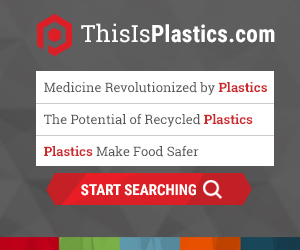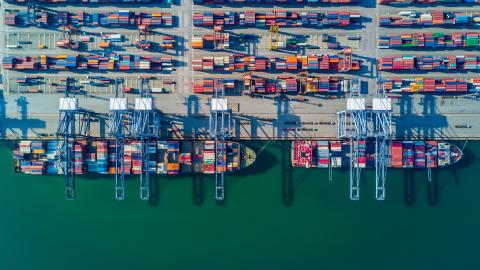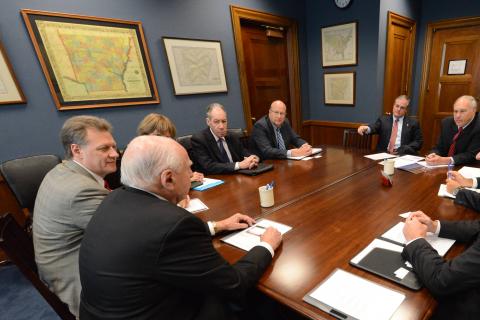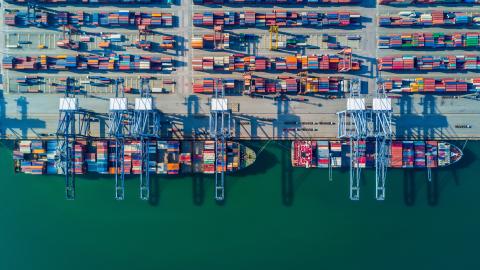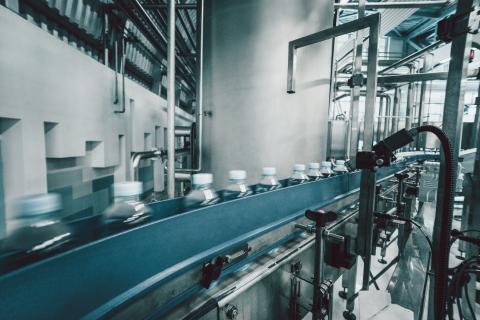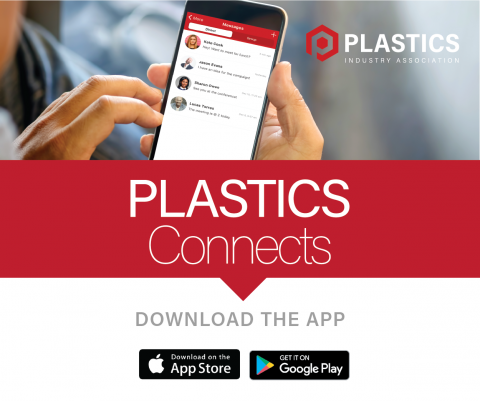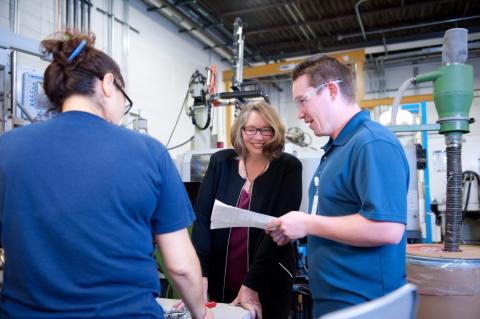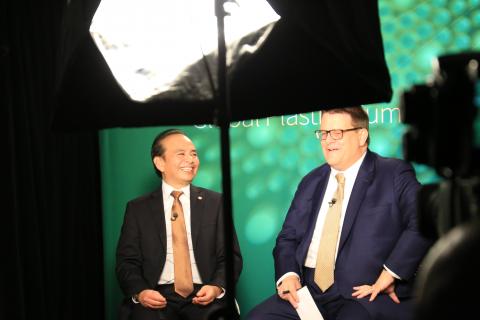Flexible Film and Bag Division
For more information, contact:
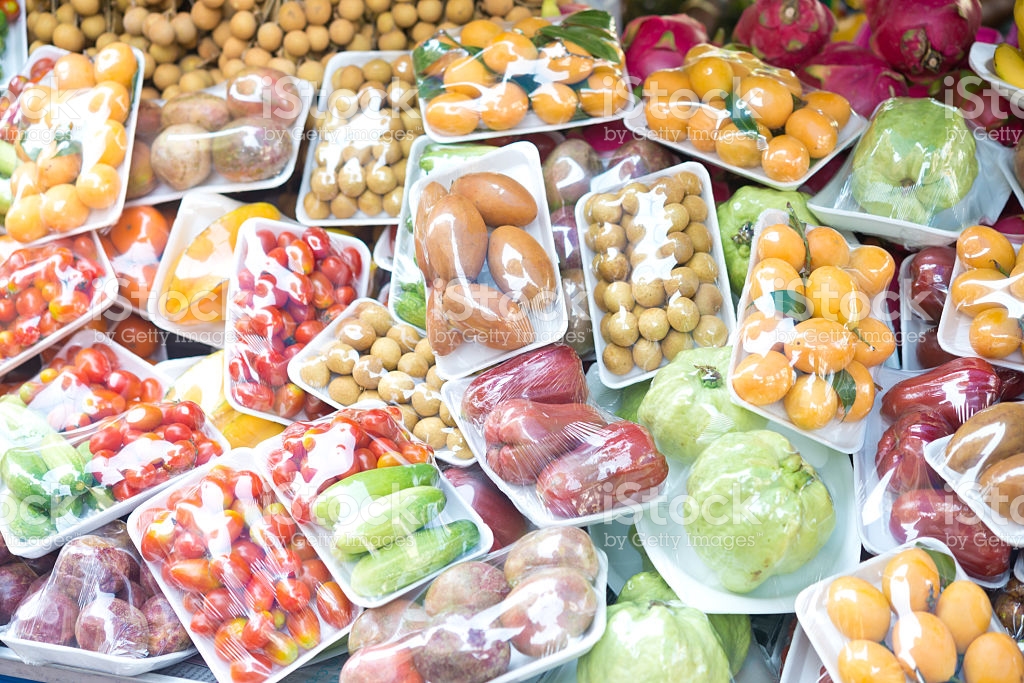 Plastic’s diversity as a material means it can be useful in both rigid and flexible forms. Plastic bags can hold more than 1,000 times their weight and beat their paper and woven counterparts in terms of energy efficiency (particularly when these bags are reused or recycled). Flexible plastic film used for packaging can protect more goods with less weight, and all for a fraction of the carbon footprint of other materials, making it a key part of both the plastics industry’s efforts to reduce carbon emissions and eliminate food waste and spoilage (which costs the global economy $300 billion annually).
Plastic’s diversity as a material means it can be useful in both rigid and flexible forms. Plastic bags can hold more than 1,000 times their weight and beat their paper and woven counterparts in terms of energy efficiency (particularly when these bags are reused or recycled). Flexible plastic film used for packaging can protect more goods with less weight, and all for a fraction of the carbon footprint of other materials, making it a key part of both the plastics industry’s efforts to reduce carbon emissions and eliminate food waste and spoilage (which costs the global economy $300 billion annually).
FFBD is made up of company representatives from the resin, machinery, processor/converter and brand owner segments of the industry and has become the “go-to” place for the entire flexible film and bag supply chain. FFBD is an all-inclusive division of PLASTICS focused on creating opportunities and providing a central location for relevant technology, topical information and advocacy through industry interaction.
The Flexible Film and Bag Division brings together company representatives to:
- Discuss and exchange knowledge on new technology, resin innovations and packaging trends that impact the flexible film and bag industry and the ability of everyday consumers to recycle these materials.
- Provide networking opportunities throughout the year for companies that process flexible film or sell resin, additives and equipment for the manufacture of flexible film and bags.
- Act as a clearinghouse for information on advocacy efforts related to flexible film recycling, material de-selection and state and local bag bans and tax initiatives.
- Work with IHS to share data on global trends in the ethylene and polyethylene market, on which the flexible plastic film and bag industry depends heavily.
- Host an annual conference that brings together PLASTICS members and non-members from all segments of the industry for updates on technical issues, advocacy, resin pricing trends and economic updates.
The first project is the Materials Recovery for the Future (MRF) research initiative. This is a research project to test currently available systems and define a recovery system for the future where all flexibles go into curbside recycling and the value from those materials is captured, either through mechanical recycling or energy recovery. Phase I of this project has been completed and the group is currently engaged in Phase II—full scale collection and sorting at a MRF.
The second project supported is the New End Market Opportunities (NEMO) for Film project. Phase I of the project, sample collection and evaluation, has been completed and a formal report with an executive summary has been finalized. The Phase I Technical Package, released to members and the media, was met with great enthusiasm. It contains fantastic data that will help drive Phase II of the project, identifying end markets, which is underway. To date, the project has identified a number of great end markets that may be able to further examine the recycled PE and determine its use in their final products.
You may also be interested in:
Wrap Recycling Action Program (WRAP)
A public awareness campaign managed by three PLASTICS’ partner organizations, the WRAP program has a simple goal: increase recycling of plastic film packaging nationwide.
The American Progressive Bag Alliance
An industry resource to educate lawmakers and the public about plastic bag recycling and litter reduction.
